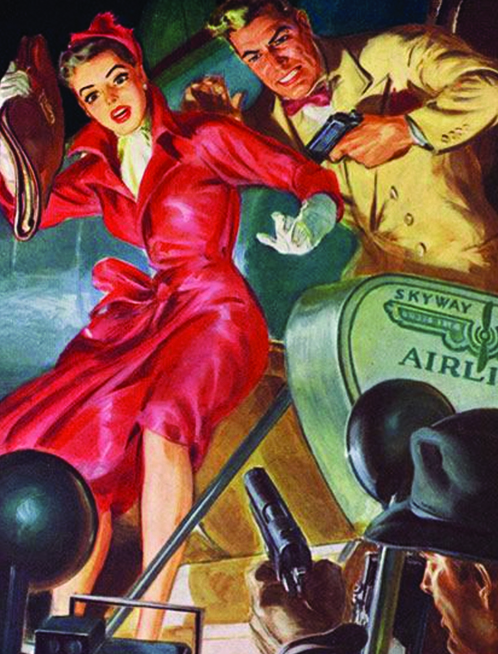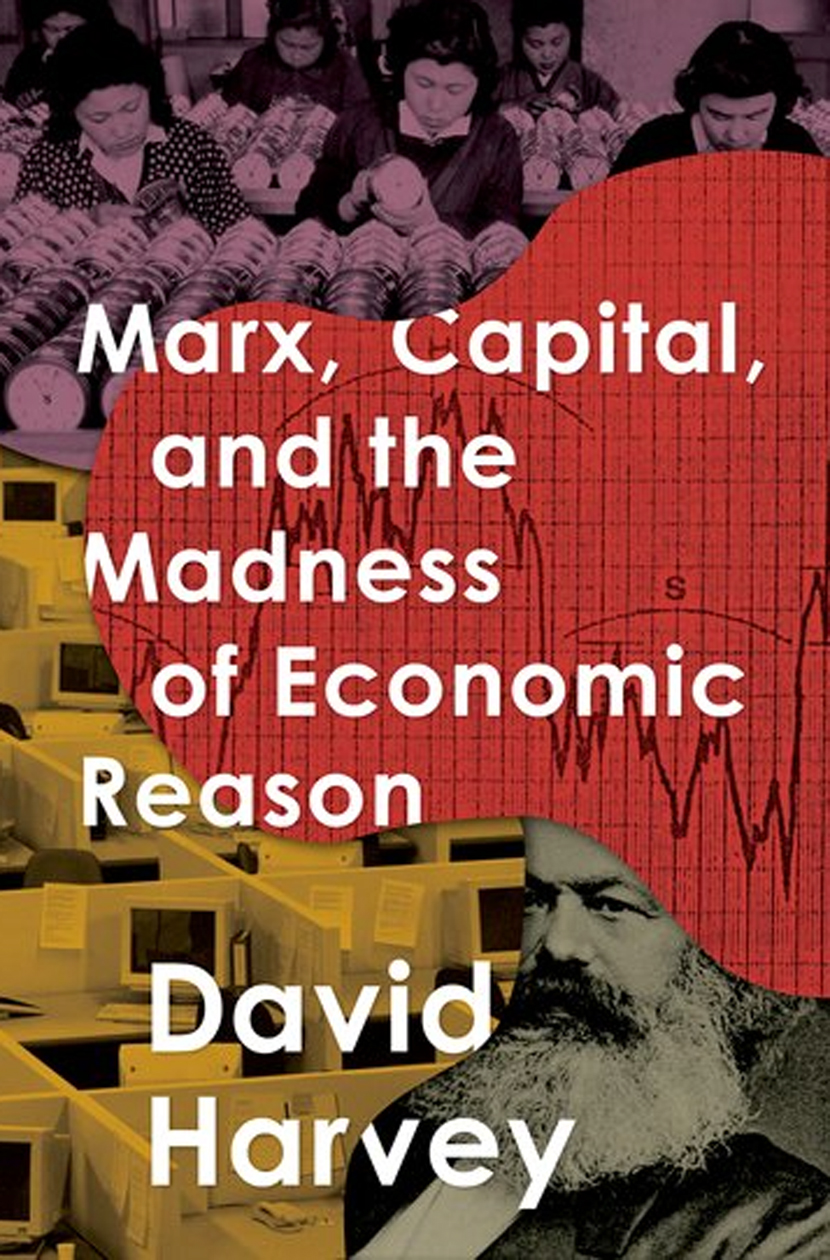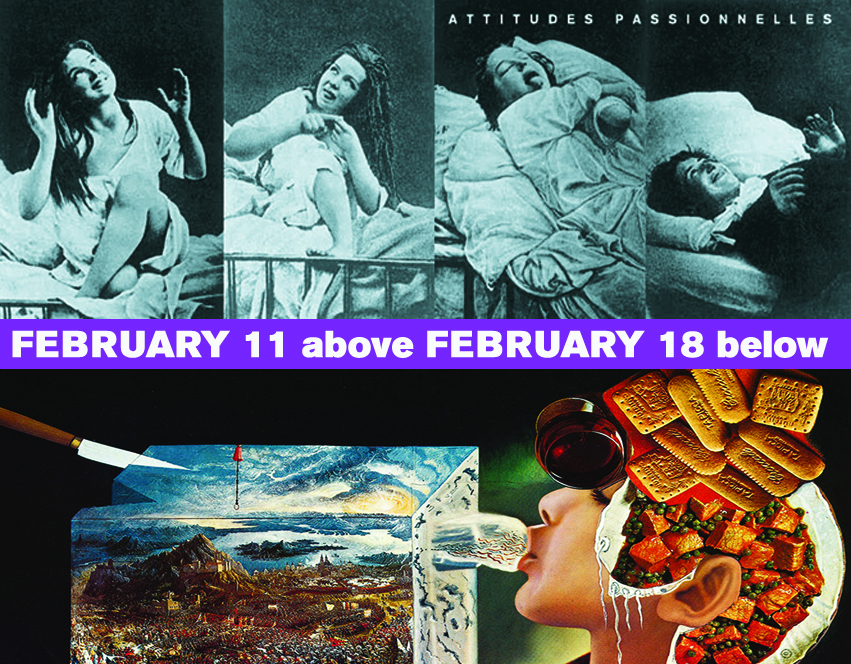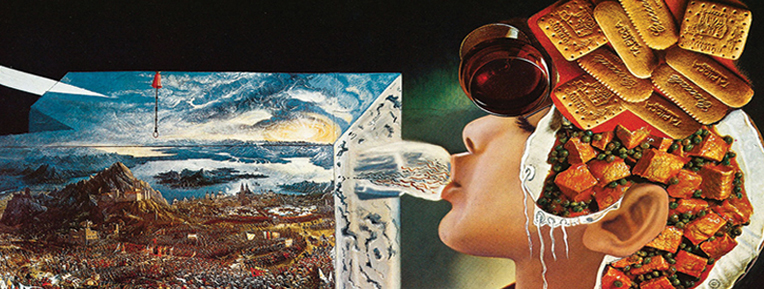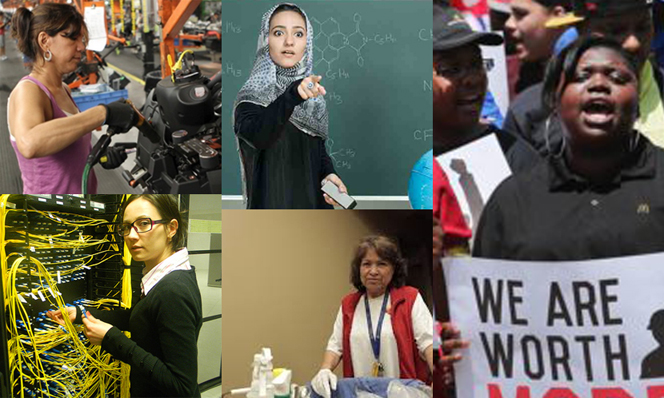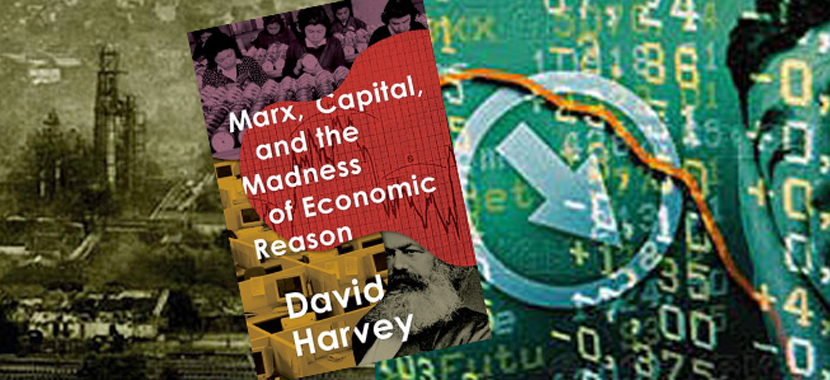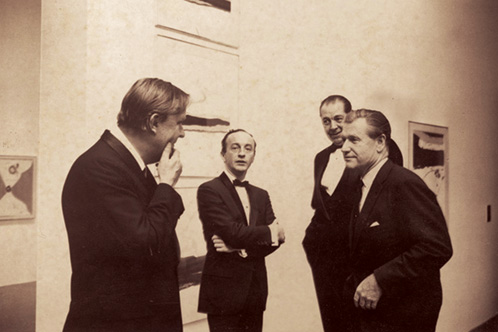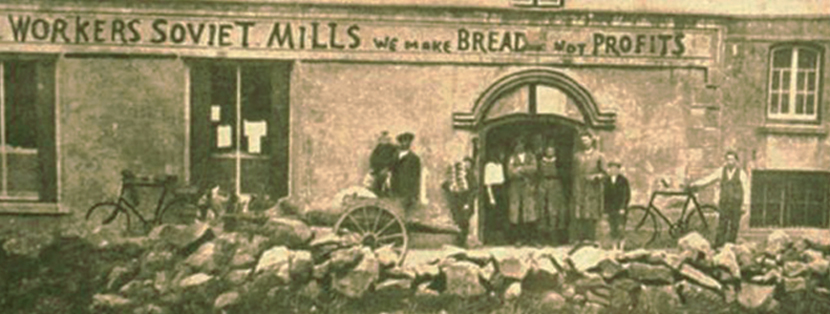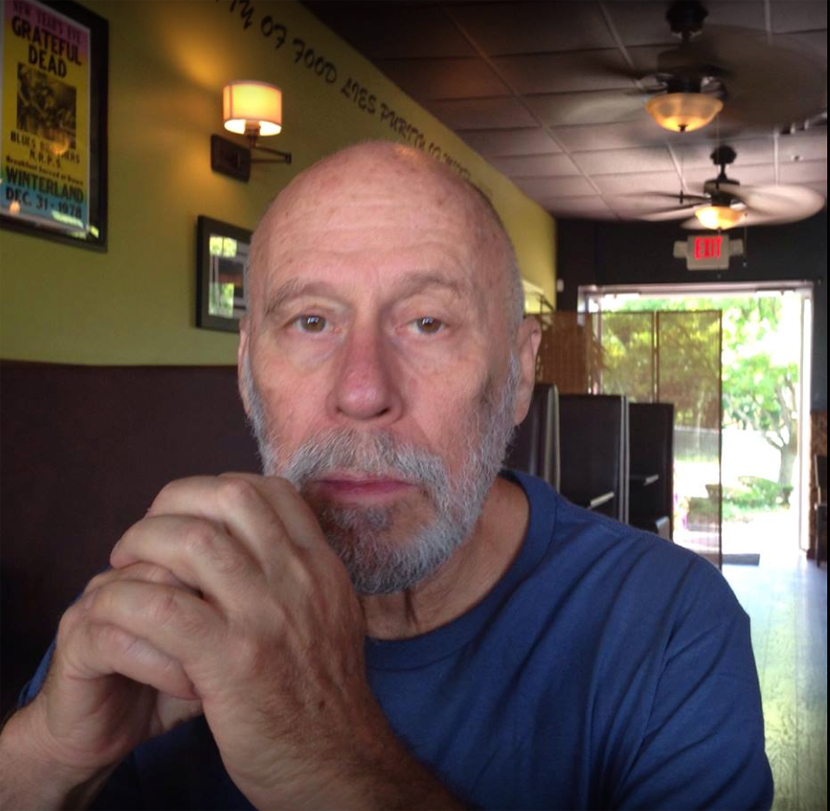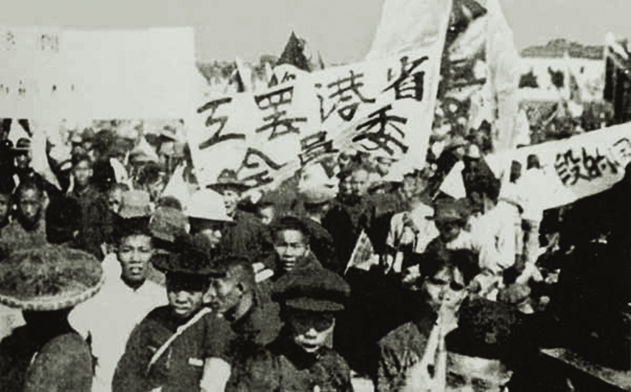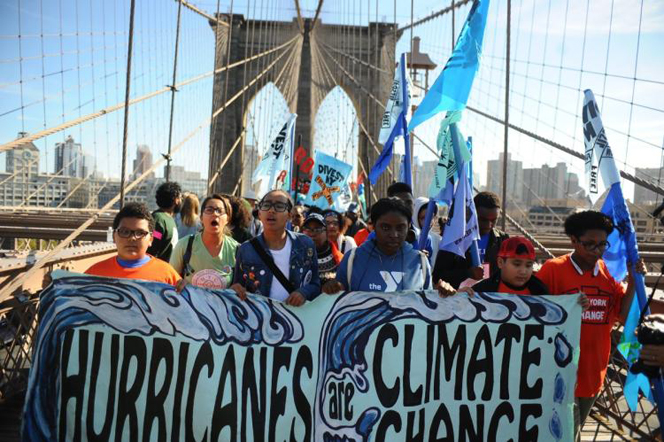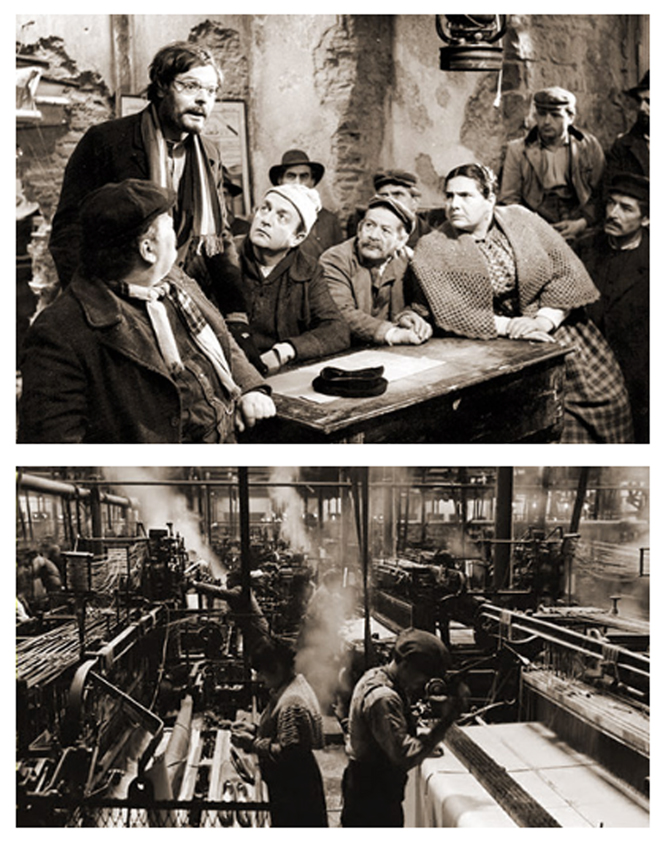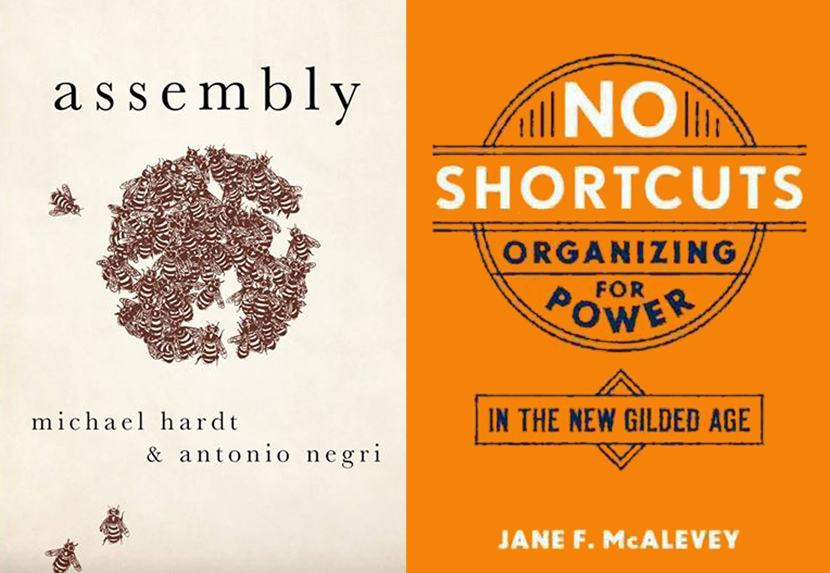Fridays As In Murder: Women, Violence & Genre Formulas
Brooklyn Commons 388 Atlantic Avenue, BrooklynDrawing upon the potentials of film noir’s formula of restlessness, dread, and discontent within social corruption, women novelists wrote of threats to the domestic sphere and American society emerging as the global hegemon. Women writers explored crime and violence resulting from the racism and class exploitation while some male authors began writing of more complicated women.
Architecture of Doom
Jefferson Market Library 425 6th Avenue, New York, NYFree Film showing of Architecture of Doom at the Jefferson Market Library in Greenwich Village Architecture of Doom 119 minutes, color and b/w, 1991 MEP in Libraries Jefferson Market Library in the Village 425 6th Avenue Saturday, January 20, 2:30PM with discussion to follow Never before seen footage of Hitler's "Degenerate Art" Exhibition, an experiment ... Read more
Fridays As In Murder: Women, Violence & Genre Formulas
Brooklyn Commons 388 Atlantic Avenue, BrooklynDrawing upon the potentials of film noir’s formula of restlessness, dread, and discontent within social corruption, women novelists wrote of threats to the domestic sphere and American society emerging as the global hegemon. Women writers explored crime and violence resulting from the racism and class exploitation while some male authors began writing of more complicated women.
Marx, Capital and the Madness of Economic Reason
From the book: “...a potential tendency for capital in searching to maximise its monetary profit to be drawn to invest in areas that produce no value or surplus value at all. Taken to extremes, either of these tendencies could be fatal to the reproduction of capital. In combination, and the contemporary evidence is that both trends are discernible, they could be catastrophic” (Marx, Capital, and the Madness of Economic Reason, David Harvey, Oxford University Press, p.105).
Politics of the Unconscious: Second Sessions
New Perspectives Theatre 456-458 West 37th Street, New York, NY, United StatesWe will look at the images of the mental patients in the fin-de-siècle Parisian hospital Salpêtrière, many of which challenge the boundary between artistic representation and medical documentation. In light of day one, during the following Sunday, over a Surrealist Brunch,
Politics of the Unconscious and Surrealist Brunch
New Perspectives Theatre 456-458 West 37th Street, New York, NY, United StatesOver brunch, discover some of the grotesque dances by Valeska Gert (Weimar Era), and dance-theater of Pina Bausch and Mats Ek (1970s-80s). Dada and surrealism will not be left behind. We will explore how the aesthetic de-hierarchicalization and commodity culture inform our practices as witnesses and witnessed art makers.
Highlights of Marx’s Capital, Volume 1
2067 Broadway between 71st and 72nd Streets, New York, NY, United StatesThe course provides a basic grounding for participants to pursue further study on their own or collectively. We’ll refer to new resources such as on-line and visual aids and current articles that illustrate capitalism’s developmental tendencies, which Marx calls its laws of motion. This highlights class is for women only. Everyone who identifies as a woman is welcome.
Marx, Capital, and the Madness of Economic Reason, Part 2
From the book: “...a potential tendency for capital in searching to maximise its monetary profit to be drawn to invest in areas that produce no value or surplus value at all. Taken to extremes, either of these tendencies could be fatal to the reproduction of capital. In combination, and the contemporary evidence is that both trends are discernible, they could be catastrophic” (Marx, Capital, and the Madness of Economic Reason, David Harvey, Oxford University Press, p.105).
Degenerate!: Art and the State
...we travel to postwar America, where the elites also held that art should fulfill an ideological (if not overtly political) function, but were politically compelled to denigrate both Nazi and now Soviet control over culture. The CIA worked alongside corporations to install “corporate” non-partisan, inoffensive art that celebrated the individual (i.e. capitalist and not communist) and denigrated anything containing possible, even hinted at, socialist leanings. Abstraction, particularly Abstract Expressionism became their rallying cry.
Irish Resistance Special
join The Independent and The Marxist Education Project in celebrating 500 years of Irish Resistance and an ongoing fight for liberation.
Beer / Film / Music / Food
Remembering Bill Koehnlein
St. Mark’s Church in-the-Bowery 131 East 10th Street, New York, NY, United StatesA celebration of the life of Bill Koehnlein.
Revolution in China: 1911-1949
Of 20th-century revolutions, the upheaval in China that culminated in the declaration in 1949 of the People’s Republic was arguably just as significant as the Russian Revolution of 1917. Beginning this January, the Revolutions Reading Group undertakes an in-depth study of that 40-year struggle, from the overthrow of the monarchy in 1911 to the victory of the Communist Party after World War II.
Climate Crisis, Climate Justice, Climate Fiction
This study group will examine the dire situations ordinary people confront as climate change and related crises accelerate, and the struggles for climate and environmental justice that are arising to meet these challenges. We will look at such cases as Puerto Rico (Irma-Maria), New York (Sandy), and the Mideast (drought, wars, refugees), through lenses provided by Ashley Dawson, Christian Parenti, and others.
Tales of the 1%: The Organizer
Join us for a discussion of Monicelli’s most political film. In addition to casting Marcello Mastrioanni, Monicelli cast the film with workers from the Turin area and shot on location in one of the area’s huge textile factories. “I wanted to show all of that. The truth about what happens in the working world.”
—Mario Monicelli, interviewed in 2006
Manuals On Organizing, Version 1
This group will read over the next period a number of books on raising consciousness, organization and various methods and theories on how to develop a strong anti-capitalist movement.

